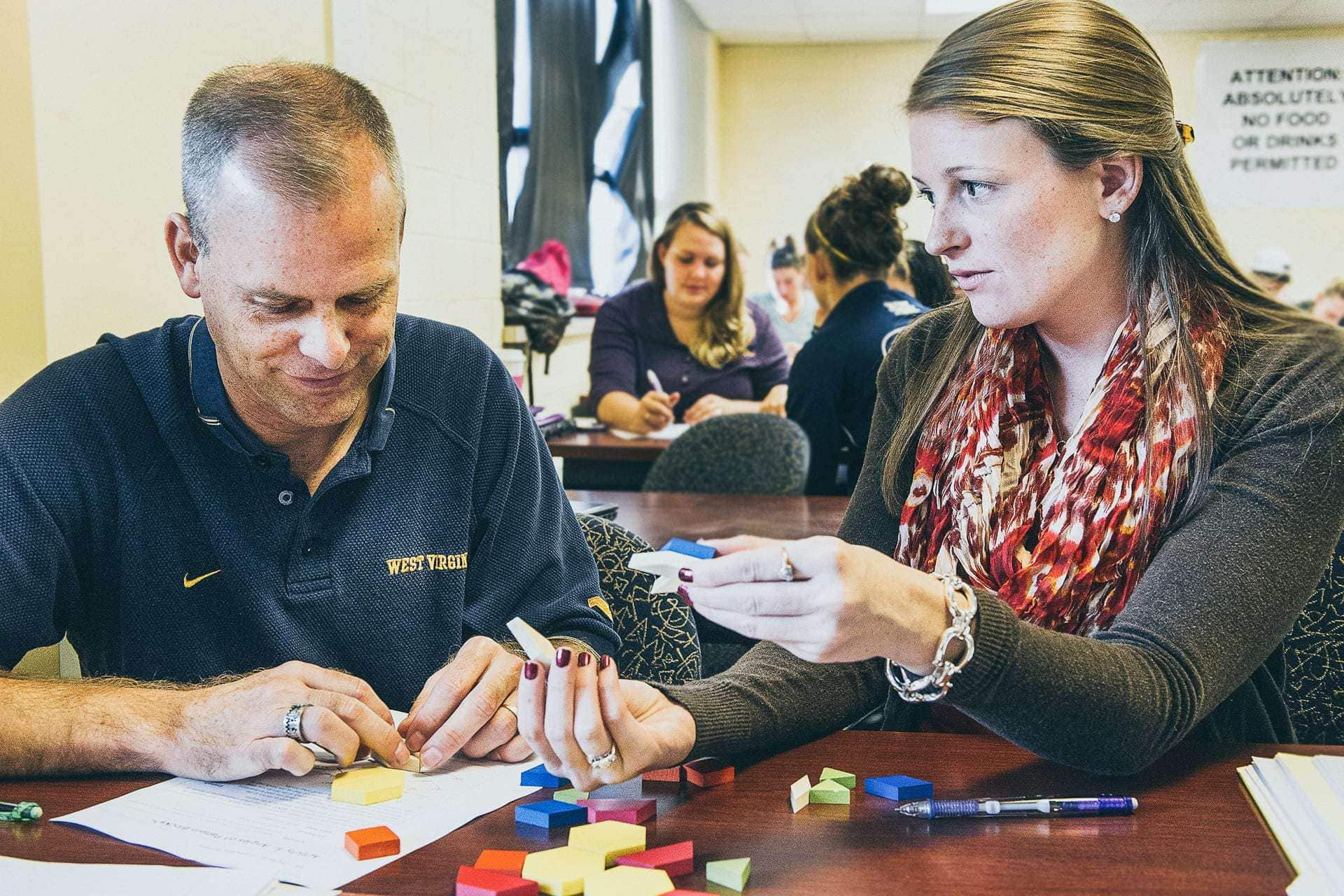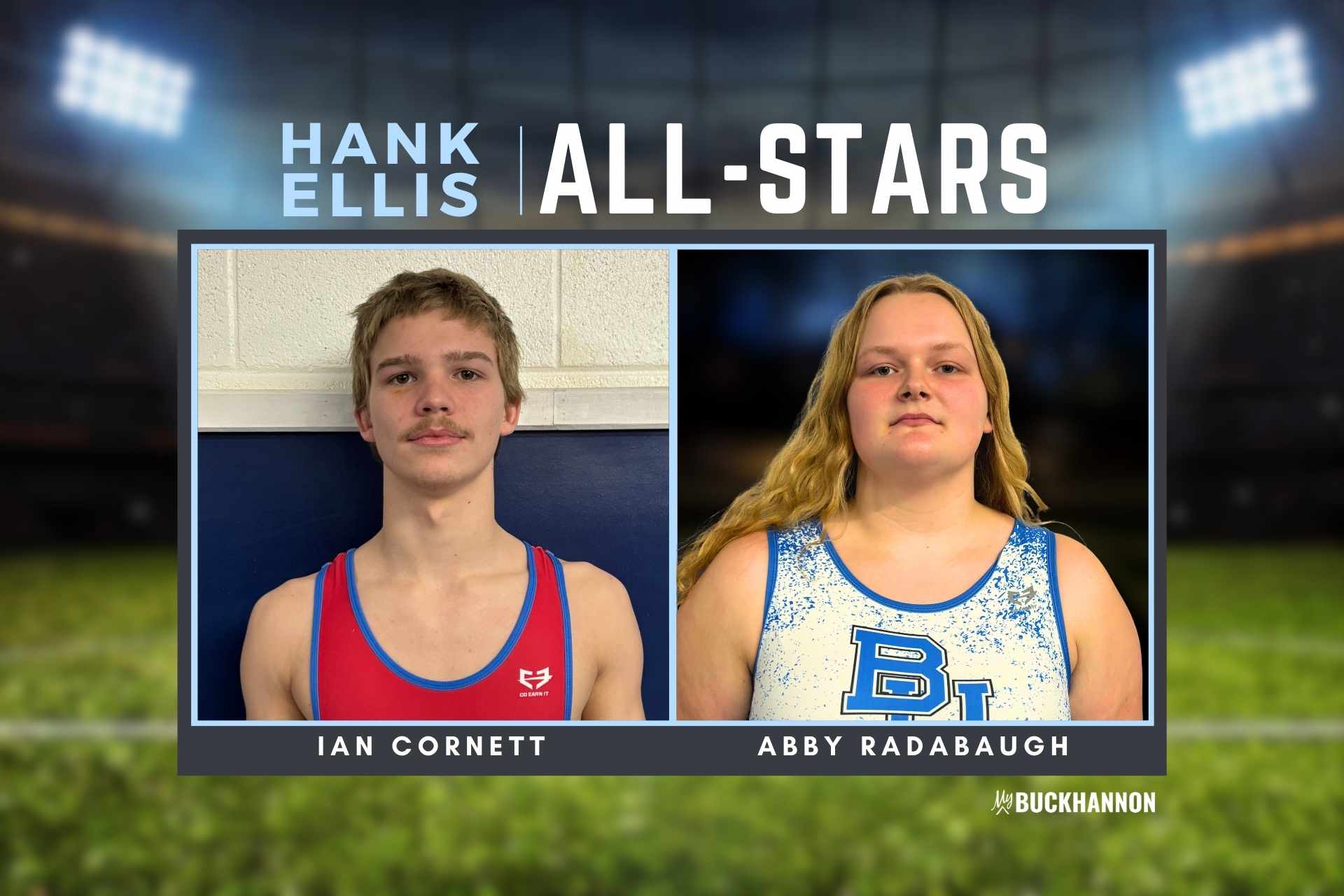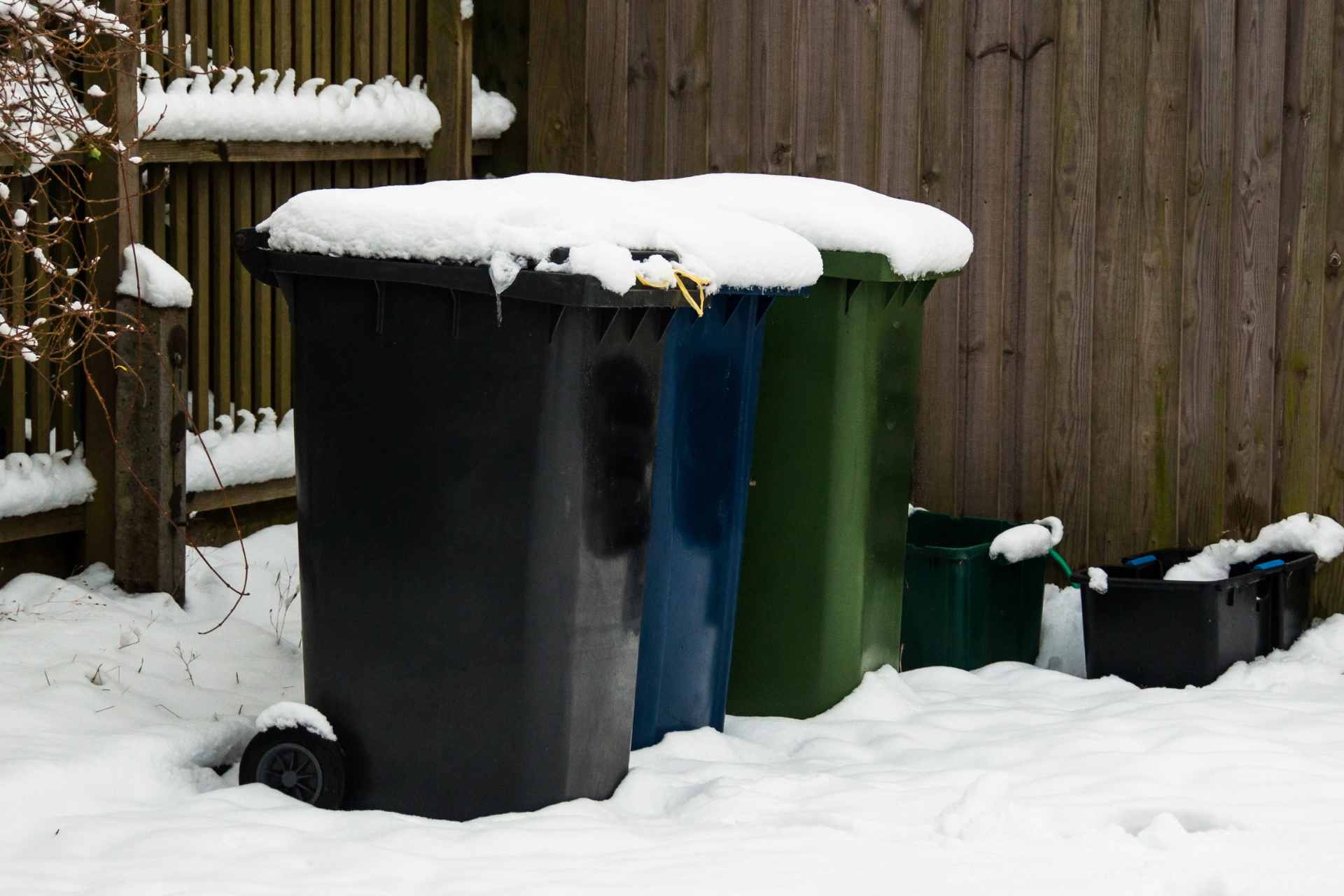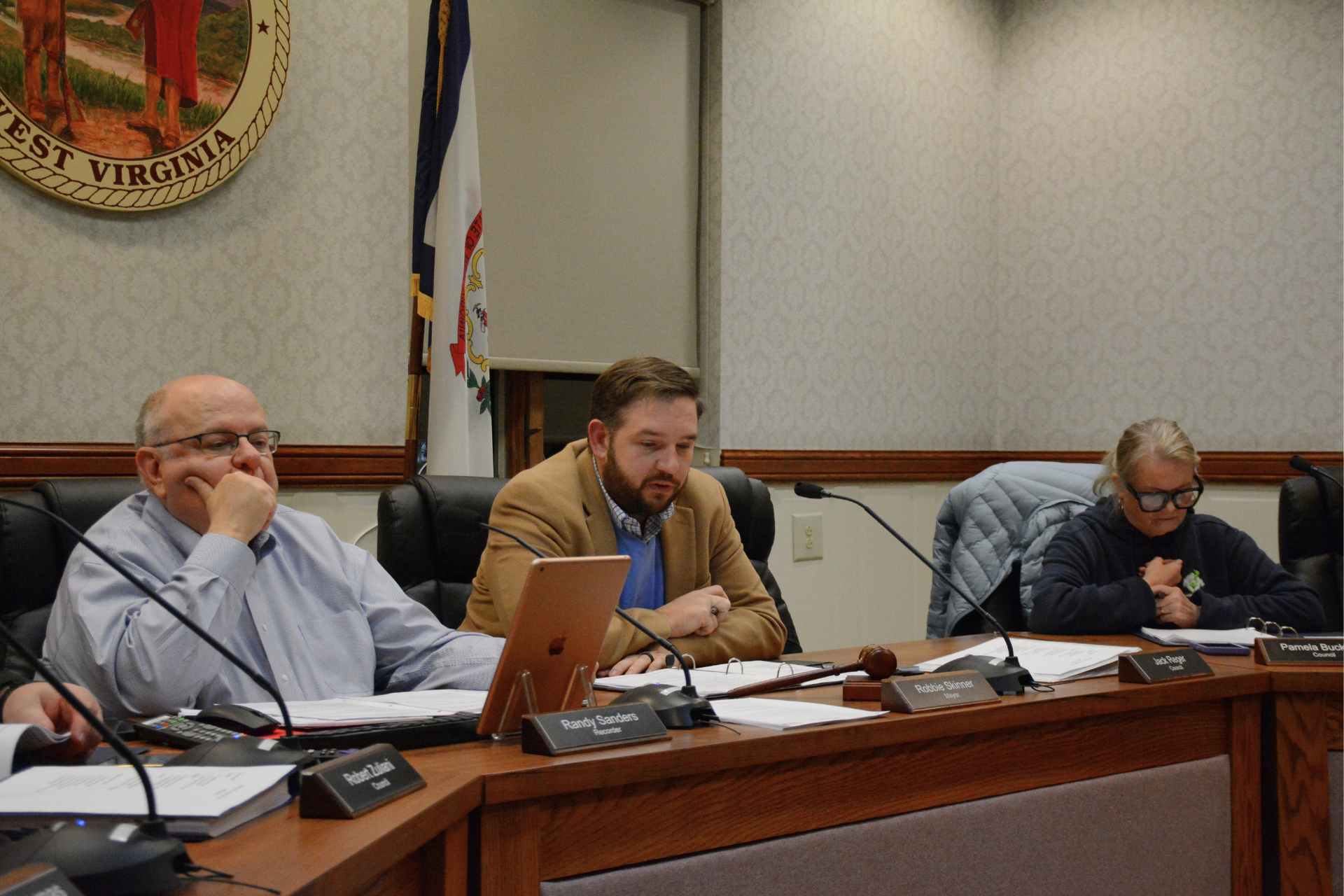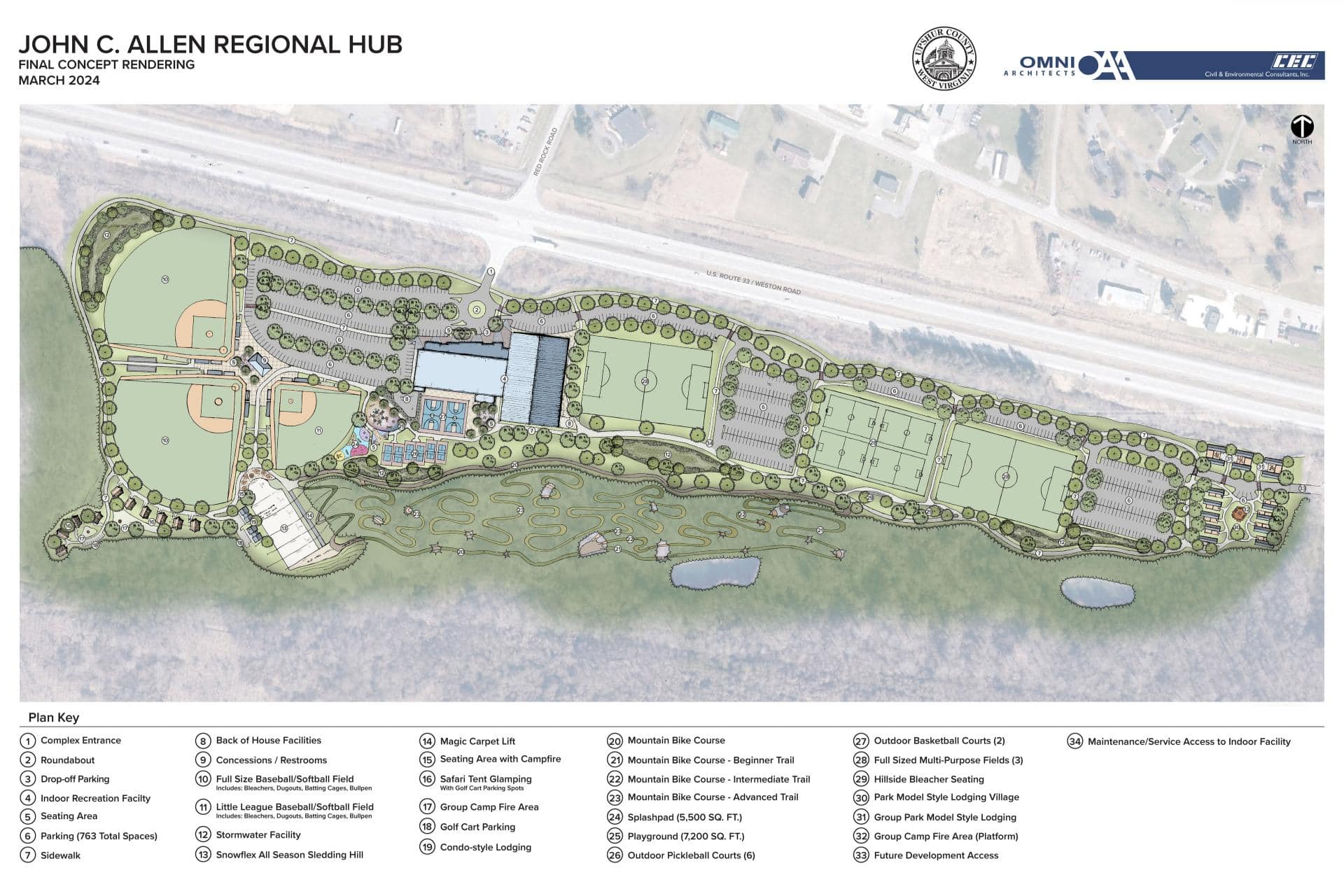Strengthening its commitment to help support broad based prosperity in West Virginia, the Center for Excellence in STEM Education at West Virginia University will lay the foundation for student success.
“Empowering West Virginia students to pursue and stay in STEM fields is a critical component to moving West Virginia forward,” said principal investigator and WVU CE-STEM director Gay Stewart. “By encouraging just 25 percent more of our students to complete their STEM degrees, we can contribute to 75 percent of the state’s additional workforce needed over the next decade. That is a real and powerful impact we cannot afford to pass by.”
WVU is among the first to receive National Science Foundation awards for the INCLUDES Alliances. The WVU Center for Excellence in STEM Education will provide the central coordination of the research efforts across the five partnering entities in our Alliance. This work builds on already-funded STEM retention research effort of John Stewart (physics) and includes network analysis research by Marjorie Darrah (mathematics).
“We are thrilled to be a part of the First2 STEM Success Alliance to help STEM students transition to college, marry Appalachia’s rural culture with the collegiate STEM culture and create a true ecosystem of STEM students that will stimulate generation to generation of successful STEM careers,” Stewart said.
Research identifies persistent challenges that limit rural first-generation students’ access to quality STEM education and opportunities to pursue STEM careers; the Alliance will work to change that trajectory.
“We already know that our young people are truly West Virginia’s greatest resource and that we must protect them and safeguard their future,” said WVU Provost Joyce McConnell. “With this new Alliance, we can do more. We can prepare our students to shape their own futures and to achieve more than they ever imagined.”
By engaging more than 350 Appalachian students through their first two years of college over the five-year project, the Alliance will empower undergraduates to be change agents in their STEM degree programs and in their communities. Students will explore firsthand the disconnect between home life and STEM study, conduct outreach to hometown students and K-12 stakeholders and suggest changes that could embolden their peers’ decisions to pursue STEM degrees. The First2 Alliance will advance knowledge of barriers to, and solutions that increase, the success of first-generation students in STEM, forming an example for other states.
The Alliance partners include Green Bank Observatory, Fairmont State University, High Rocks Educational Corporation and the Higher Education Policy Commission.
